Bangladesh Election: Sheikh Hasina's Party Barred
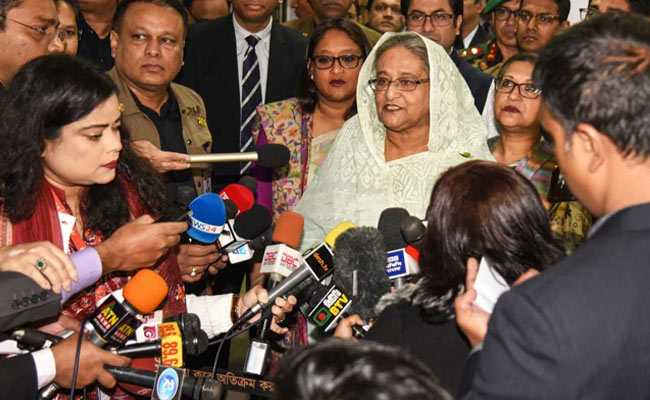
Table of Contents
Reasons Behind the Ban
The official reasons cited for the ban on the Awami League's participation in the Bangladesh election remain shrouded in some ambiguity, with claims varying across different sources. However, several key allegations have been put forth:
- Allegations of Corruption: The ruling party has faced numerous accusations of widespread corruption and financial mismanagement during its tenure. These allegations, while often contested, have fueled public discontent and provided ammunition for opponents. Specific instances, including allegations of embezzlement of public funds and misuse of power, have been cited as contributing factors to the ban.
- Violation of Election Laws: Claims of violations of various election laws and regulations have also been levied against the Awami League. These could involve issues relating to campaign financing, voter intimidation, or manipulation of electoral processes. Details regarding the specific nature of these alleged violations remain somewhat unclear, adding to the controversy.
- Concerns about Free and Fair Elections: The ruling party's dominance in previous elections, coupled with persistent allegations of irregularities, has raised serious concerns amongst observers about the possibility of holding free and fair elections in Bangladesh. The ban, according to some analysts, is an attempt to address these concerns, albeit a controversial one.
- Potential for Violence or Unrest: The highly polarized political climate in Bangladesh, exacerbated by the ruling party's actions, has raised fears about potential violence and unrest surrounding the election. Preventing further escalation of tensions might have been a motivating factor behind the ban, though the effectiveness of such a drastic measure is debatable.
Reactions to the Ban
The ban on the Awami League has triggered a firestorm of reactions both domestically and internationally. Sheikh Hasina and the Awami League have vehemently denounced the decision, calling it an undemocratic and illegal power grab. They have vowed to challenge the ban through legal means and have hinted at the possibility of large-scale protests.
- Statements from Key Political Figures: Opposition parties, while expressing differing viewpoints on the specifics of the ban, largely welcomed the decision, though some expressed concern over the implications for democratic processes. Many have called for a transparent and inclusive electoral process.
- Protests and Demonstrations: Supporters of the Awami League have staged protests in several cities, expressing their anger and frustration over the ban. These protests have, in some cases, resulted in clashes with law enforcement.
- International Condemnation or Support: The international community has expressed mixed reactions. Some countries and international organizations have expressed concerns about the implications of the ban for democracy in Bangladesh, calling for a free and fair electoral process. Others have remained more cautious in their responses, emphasizing the need for stability in the region.
- Legal Challenges to the Ban: The Awami League is expected to pursue legal channels to overturn the ban, potentially leading to lengthy legal battles that could further delay or complicate the election process.
Implications for the Upcoming Bangladesh Election
The absence of the Awami League from the upcoming Bangladesh election will undoubtedly have profound implications:
- Impact on the Opposition's Chances: The removal of the ruling party significantly alters the competitive landscape, potentially boosting the chances of opposition parties. However, this might also lead to a fragmented opposition, hindering their ability to effectively challenge the remaining contenders.
- Potential for a Boycott of the Election: The Awami League’s supporters might boycott the election altogether, leading to a lower voter turnout and further undermining the legitimacy of the results.
- Concerns about Legitimacy of the Election: Many observers express deep concerns about the legitimacy and credibility of an election without the participation of the dominant ruling party. This raises questions about whether the outcome will truly reflect the will of the Bangladeshi people.
- Economic and Social Consequences: The political uncertainty and instability resulting from the ban could severely impact Bangladesh's economy and social fabric. Investor confidence could decrease, and social unrest might escalate.
Historical Context of Political Restrictions in Bangladesh
The ban on the Awami League is not an isolated incident in Bangladesh's political history. The country has witnessed several instances of political restrictions and bans on political parties throughout its history, often coinciding with periods of political instability and power struggles. Examining this historical context is vital to understanding the current situation:
- Key Historical Events Impacting Elections: Military coups, periods of martial law, and instances of political violence have significantly shaped the electoral landscape in Bangladesh, leaving a legacy of mistrust and political polarization.
- Previous Instances of Party Bans or Restrictions: Several political parties have faced bans or severe restrictions in the past, highlighting a recurring pattern of political maneuvering and suppression of dissent.
- Trends in Political Polarization: The increasing polarization of Bangladeshi politics has created an environment where compromise and consensus-building are becoming increasingly difficult. This trend has contributed to the escalation of political tensions and the use of increasingly extreme measures.
Conclusion: The Future of Bangladesh Elections Remains Uncertain
The barring of Sheikh Hasina's Awami League from the upcoming Bangladesh election represents a significant turning point in the country's political history. The implications are far-reaching, raising serious doubts about the fairness and legitimacy of the electoral process, and potentially exacerbating political instability. The future of Bangladesh's democracy hangs in the balance. The lack of participation of such a major party casts a long shadow over the upcoming elections, raising serious concerns about the future of Bangladesh politics and the need for urgent democratic reforms. The international community must remain vigilant and continue to advocate for a free and fair electoral process in Bangladesh. Stay informed about further developments in the Bangladesh election and its political ramifications; the future of the nation is at stake.

Featured Posts
-
 Moras Goal Not Enough Timbers Fall To Earthquakes 4 1
May 15, 2025
Moras Goal Not Enough Timbers Fall To Earthquakes 4 1
May 15, 2025 -
 Svedska Nhl Dominance Na Ms Porovnani Se Souperem Cechu Nemeckem
May 15, 2025
Svedska Nhl Dominance Na Ms Porovnani Se Souperem Cechu Nemeckem
May 15, 2025 -
 Vont Weekend Recap April 4 6 2025 103 X
May 15, 2025
Vont Weekend Recap April 4 6 2025 103 X
May 15, 2025 -
 Bruins Onder Druk Gesprek Met Npo Toezichthouder Over Leeflang Essentieel
May 15, 2025
Bruins Onder Druk Gesprek Met Npo Toezichthouder Over Leeflang Essentieel
May 15, 2025 -
 Deep Dive Microsofts Extensive Layoff Of 6 000 Workers
May 15, 2025
Deep Dive Microsofts Extensive Layoff Of 6 000 Workers
May 15, 2025
Latest Posts
-
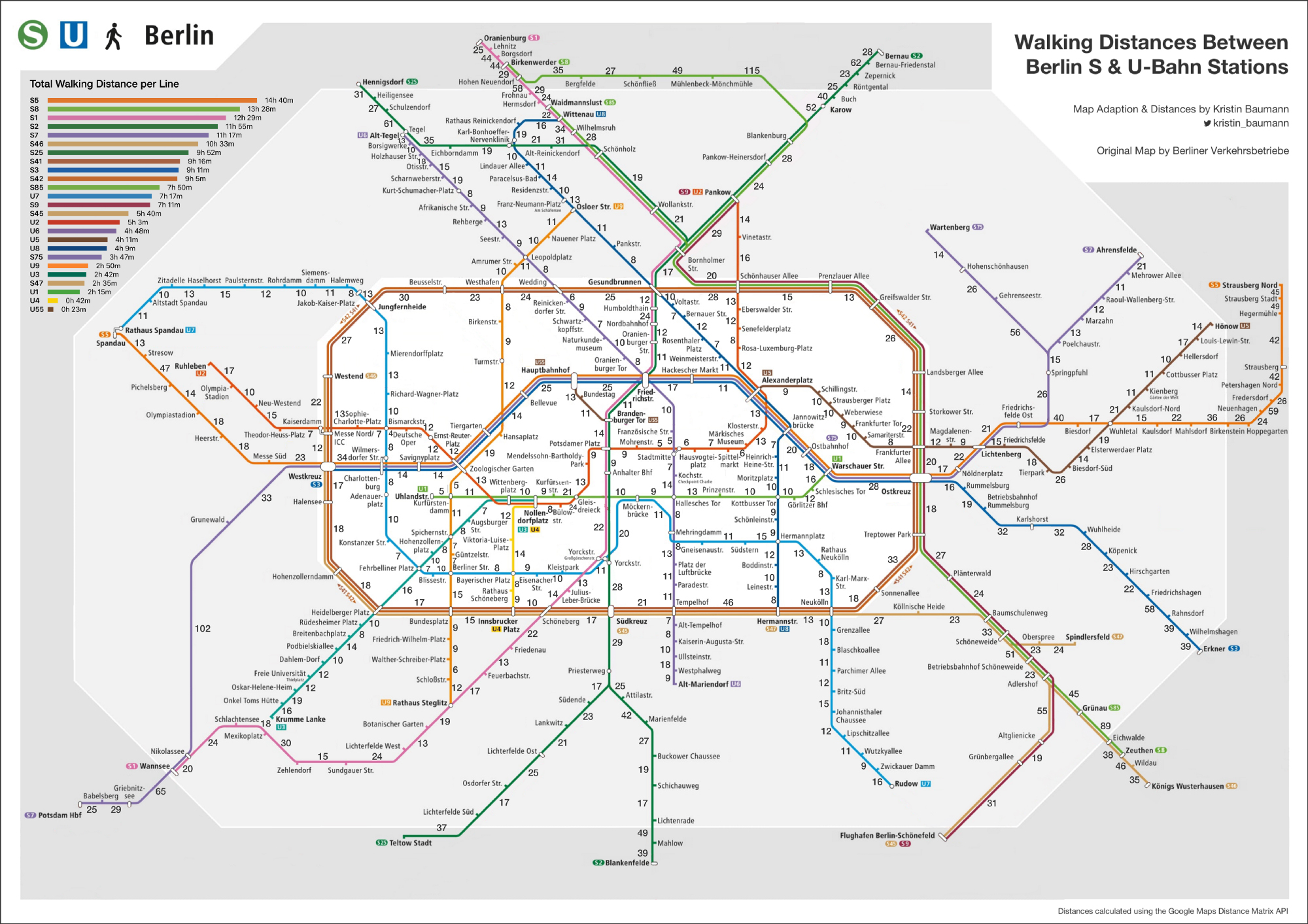 Techno Comes To The Tracks Berlin U Bahn Stations Explore Dj Sets
May 15, 2025
Techno Comes To The Tracks Berlin U Bahn Stations Explore Dj Sets
May 15, 2025 -
 Drohende Bvg Streiks Die Folgen Gescheiterter Verhandlungen Nach Schlichtung
May 15, 2025
Drohende Bvg Streiks Die Folgen Gescheiterter Verhandlungen Nach Schlichtung
May 15, 2025 -
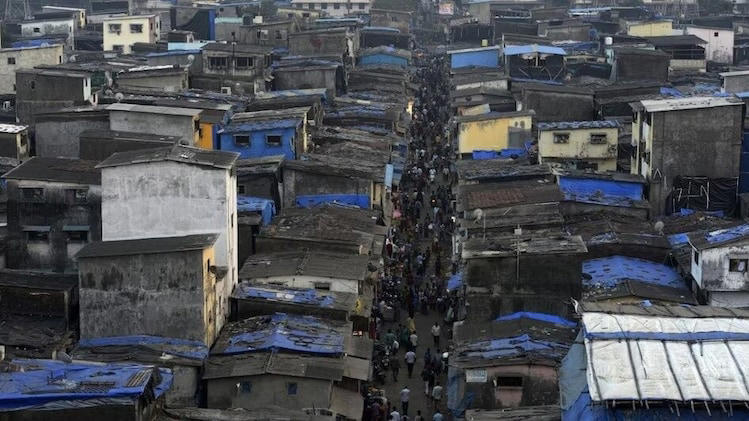 Dial 108 Ambulance Project Bombay High Court Upholds Contract
May 15, 2025
Dial 108 Ambulance Project Bombay High Court Upholds Contract
May 15, 2025 -
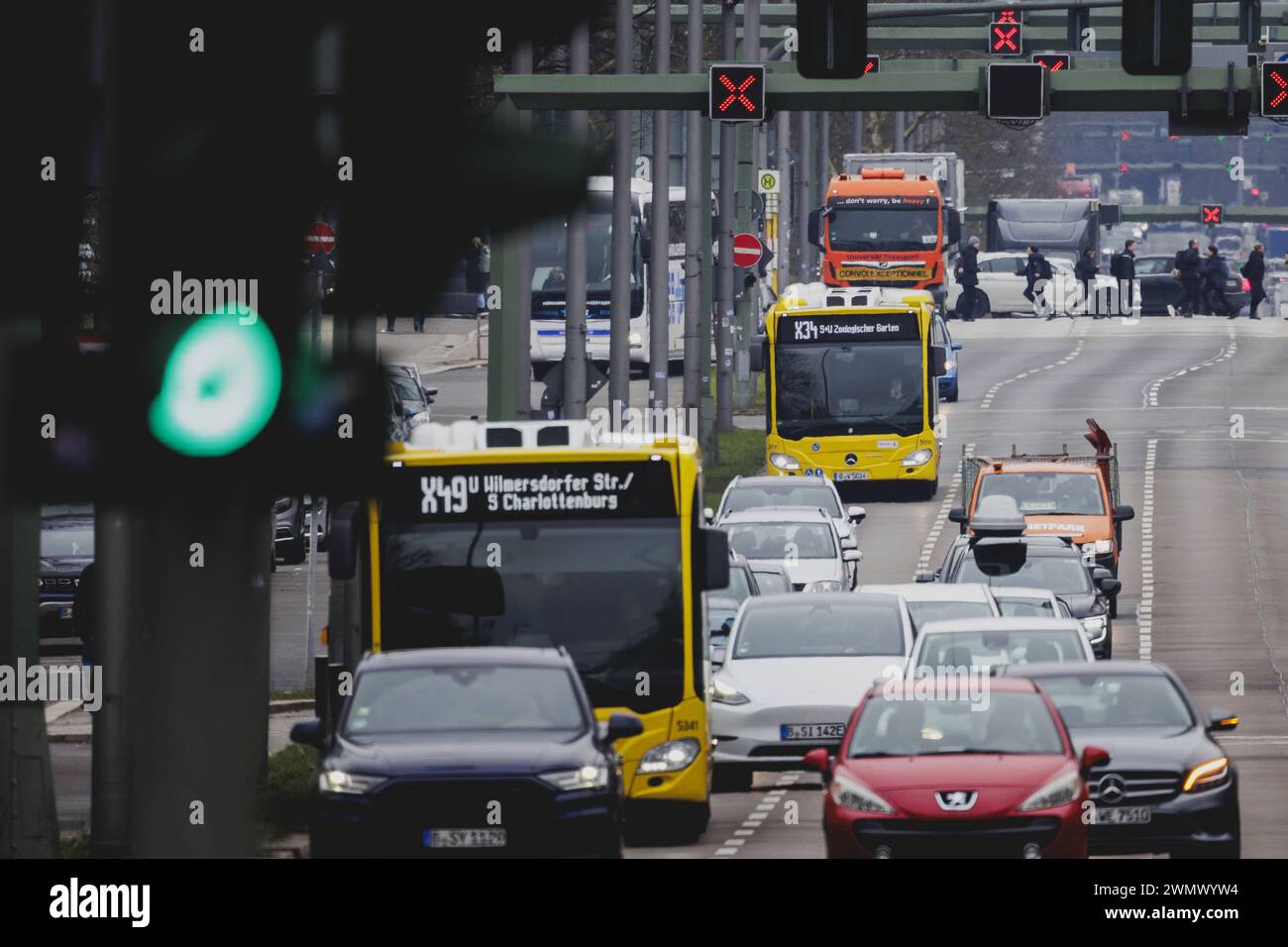 Schlichtung Gescheitert Was Bedeuten Streiks Und Entlassungen Beim Bvg
May 15, 2025
Schlichtung Gescheitert Was Bedeuten Streiks Und Entlassungen Beim Bvg
May 15, 2025 -
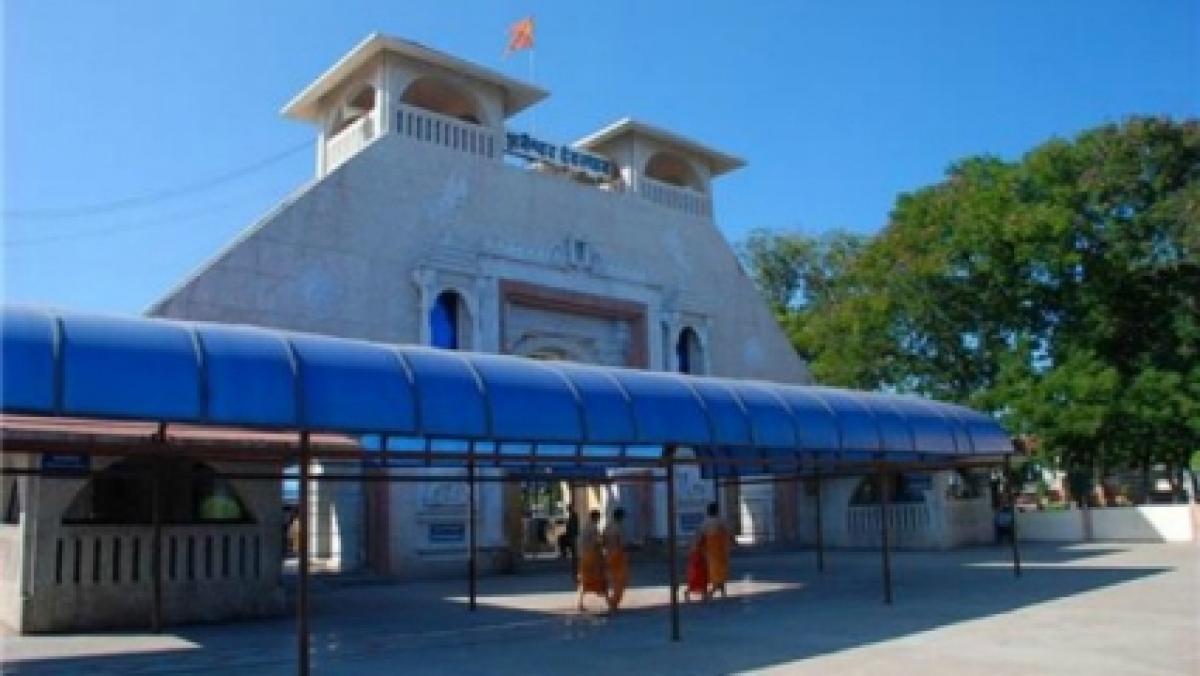 Mumbai Dial 108 Ambulance Contract Bombay Hc Ruling
May 15, 2025
Mumbai Dial 108 Ambulance Contract Bombay Hc Ruling
May 15, 2025
